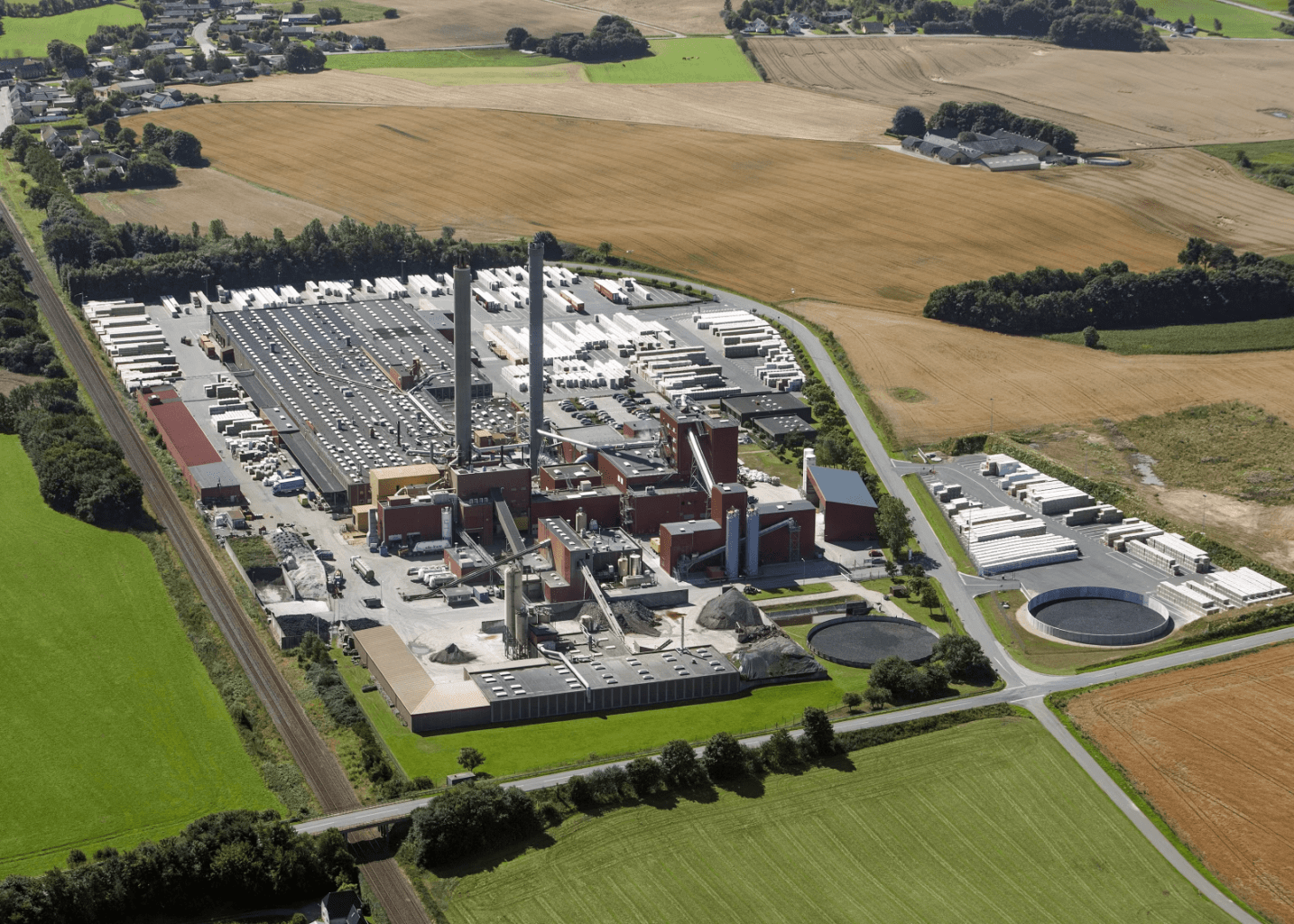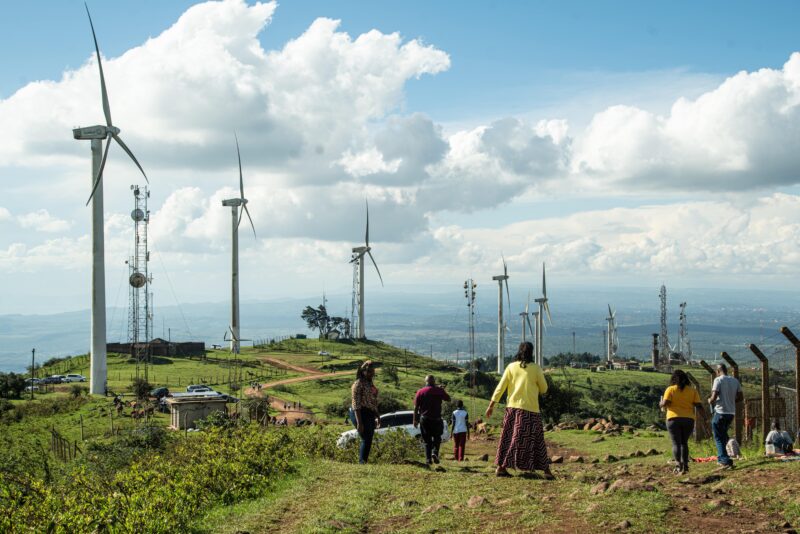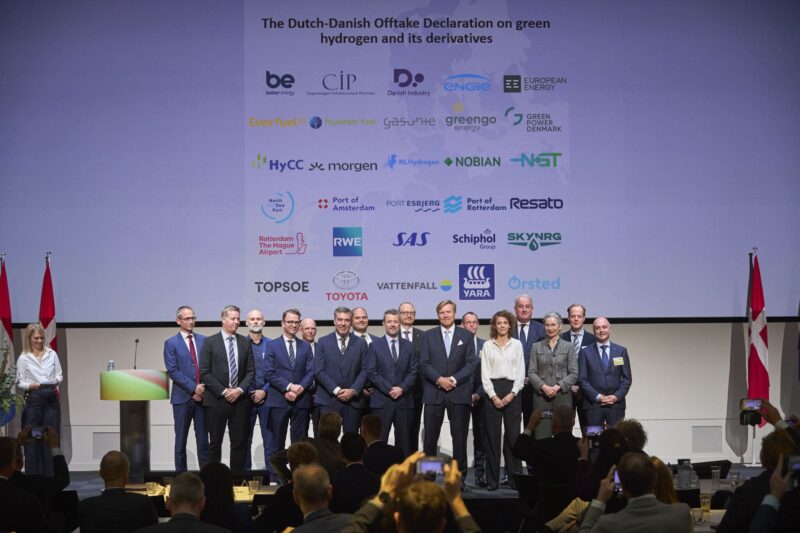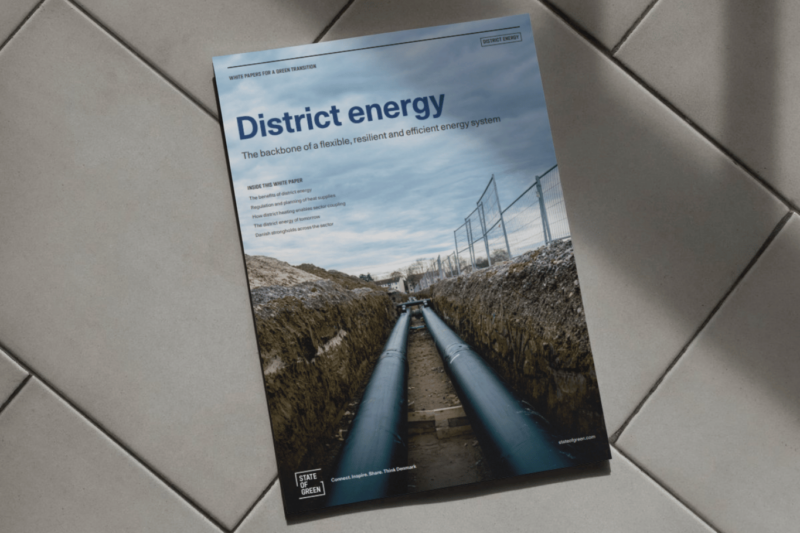News
Heat pumps
Air pollution from industry production
Carbon capture, storage and utilisation
+2
The Danish Parliament adopts new CO2 tax for the industry sector

Photo credit: Rockwool

The 70% reduction target in 2030, compared to 1990 levels, has come a significant step closer as a broad majority of the Danish Parliament on 4 June 2024 adopted two bills implementing parts of the Danish Green Tax Reform from 24 June 2022.
The legislation will take effect on 1 January 2025, and once the entire Danish Green Tax Reform is fully implemented, it is set to deliver a CO2 reduction of 4.3 million tonnes by 2030. This makes it the largest single contribution to the 2030 climate target since the enactment of the Climate Act.
“In Denmark, we take responsibility and once again show that we are at the forefront of the work with the green transition. It is not always easy to lead the way, but that is exactly what we are doing with the passage of these bills. That is why I am proud that the government and a broad section of the parties in the Danish Parliament support it,”
says Jeppe Bruus, the Danish Minister for Taxation.
For companies outside the EU’s quota trading system, the CO2 tax entails a payment of EUR 100 per tonnes emitted CO2 in 2030, while the rate for companies covered by the quota system is set at EUR 50 per emitted tonnes of CO2.
“There are many places where the need for electrification within the industry is apparent. For instance, by using large heat pumps. Here, the CO2 tax will strengthen the green business case and increase companies’ incentives to adjust their production apparatuses,”
says Martin Ingerslev, Chief Economist at Green Power Denmark
The agreement also ensures that companies will be able to receive tax deductions for the CO2 they capture and store. A change that is likely to be welcomed by the Danish waste-to-energy sector and others working with CO2 capture and storage.
Read the original press release at: A new CO2 tax is now a reality for the industry (In Danish)
You should consider reading
solutions
Combined heat and power production
+6
CopenHill: The story of the iconic waste-to-energy plant
20 November 2024solutions
Energy efficiency in buildings
+2















